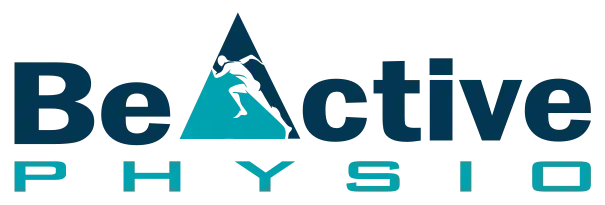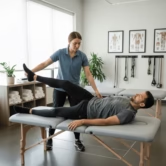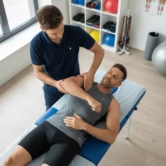How to Solve Your Aches and Pains Once and For All
Do you ever wake up feeling stiff and achy, as if your body is being weighed down by a pile of bricks? Everyone wakes up feeling like this from time to time – you might have had a tough workout the day before, you might have spent an excessive amount…




